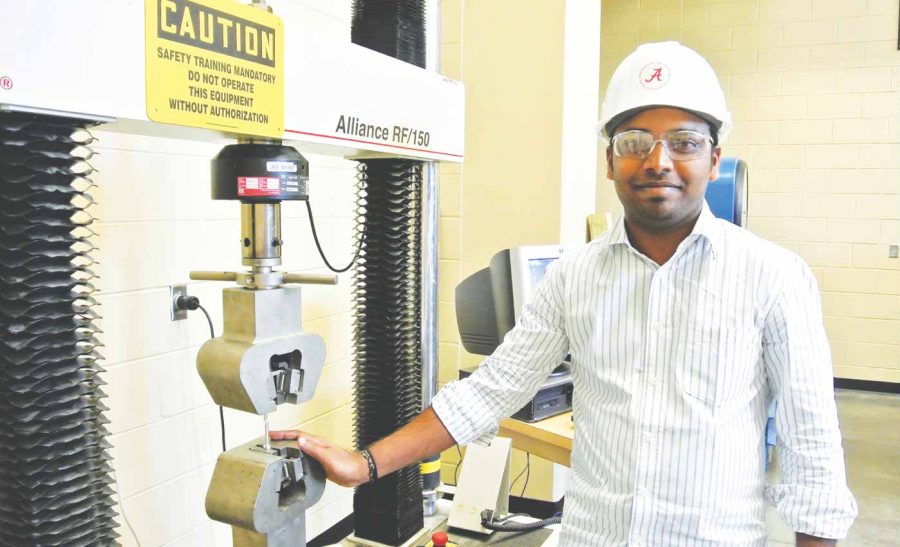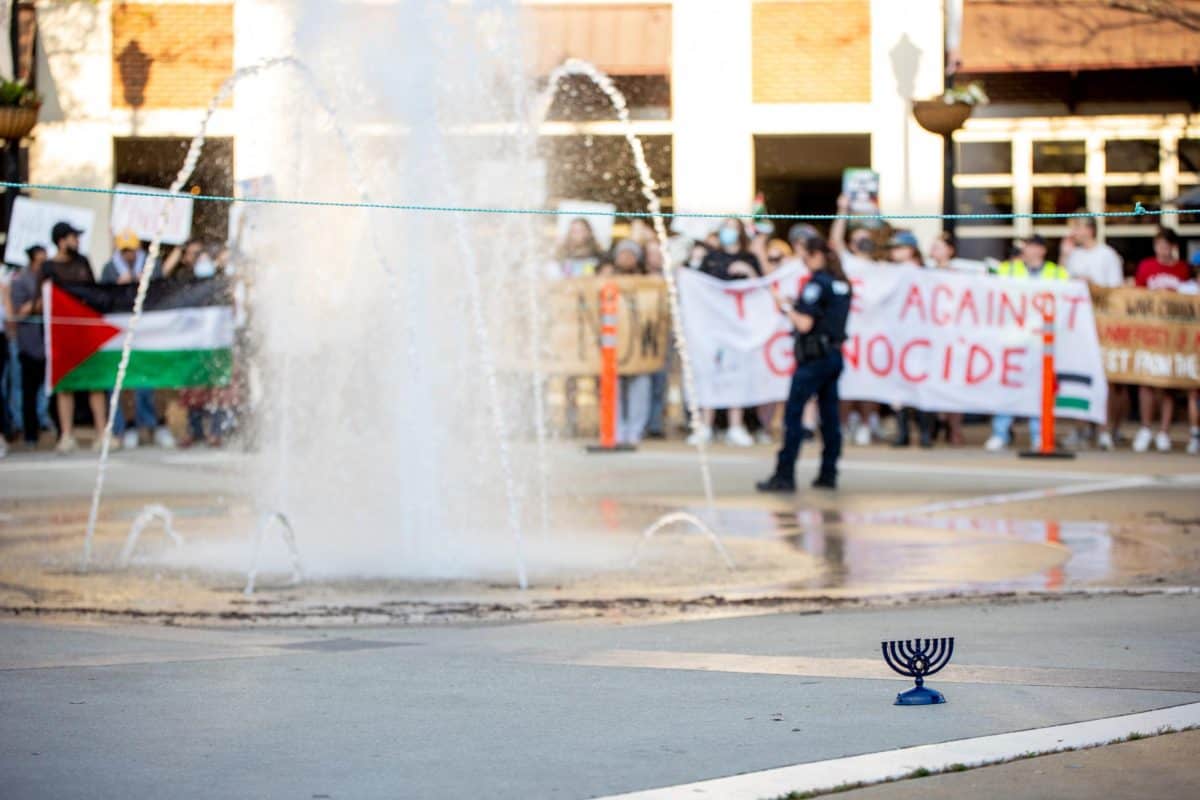Many graduate teaching assistants lurk inconspicuously in the recesses of our lecture halls; however, GTAs do more than leave red grade marks strewn across student assignments. They provide necessary support and research for the University.
GTAs, who are pursuing either a doctoral or master’s degree in their field, must balance teaching duties alongside coursework of their own each semester.
Neil Tindell, currently a GTA for the Anatomy 215 lab, is pursuing his master’s in biological science.
“My week is probably divided 20/20/20,” Tindell said. “About 20 hours teaching, 20 doing classwork and about 20-40 hours doing research.”
Tindell became a GTA after getting his undergraduate degree in biology from The University in 2012. His decision to become a GTA weighed heavily on his desire to do research in developmental biology.
“It’s all about funding,” Neil said. “If your project you’re working on as a graduate student hasn’t been funded yet, you’re either paying for your tuition or you’re getting a TA-ship.”
Giraj Kandukuri, originally from India, is pursuing his doctorate in civil engineering and said he chose the University based on the research opportunities available.
“They have hired a lot of new faculty and they are hungry to do research,” Kandukuri said.
Outside of research, grading and teaching take up much of Kandukuri’s time; however, the amount of GTA work involved greatly varies from class to class.
Preparation and performance of the experiments make classes with labs a particularly large commitment for a GTA.
“CE 262 takes more commitment because of the lab,” Kandukuri said. “Then, actually doing an experiment takes time.”
Outside of classes and labs, GTAs still find themselves among the culture at the University, with access to student facilities and tickets to football games.
Much to Tindell’s dismay, when buying football tickets, first-year graduate students begin again from square one.
“You would think you would have accumulated hours,” Tindell said. “But when you graduate, you lose all the built up hours that you had.”
Becoming a GTA benefits graduate students as well as the professors for whom they work. GTAs get to hone in on their teaching and lab skills and become stronger in their field because of it. This, in turn, can benefit the undergraduate students they oversee.
Jacob Valleroy, a junior majoring in musical theater, often uses his GTAs more than the professors during his biology lab. “Most of my questions I asked my TAs instead of my professor,” Jacob said. “They were much more readily available.”
Interaction between students and GTAs occurs mostly in labs or when a professor is unable to attend lecture. Kandukuri said he enjoys being a GTA here at the University and has had only good experiences.
“The students are really easy-going,” Kandukuri said. “I really like being a TA here.”







